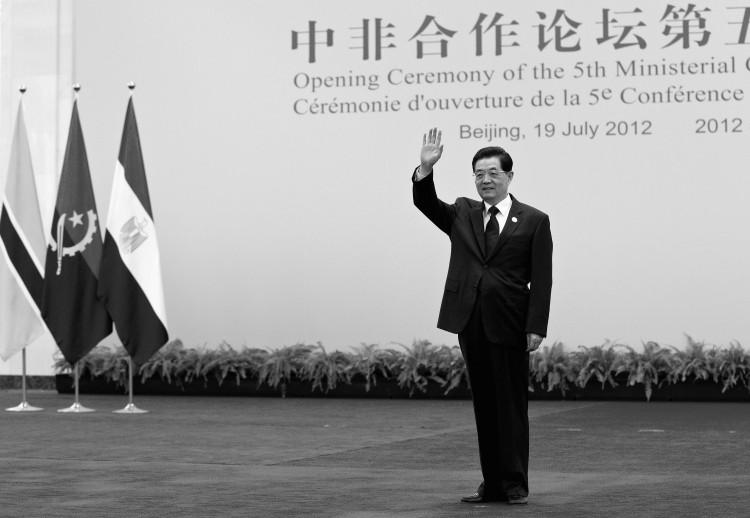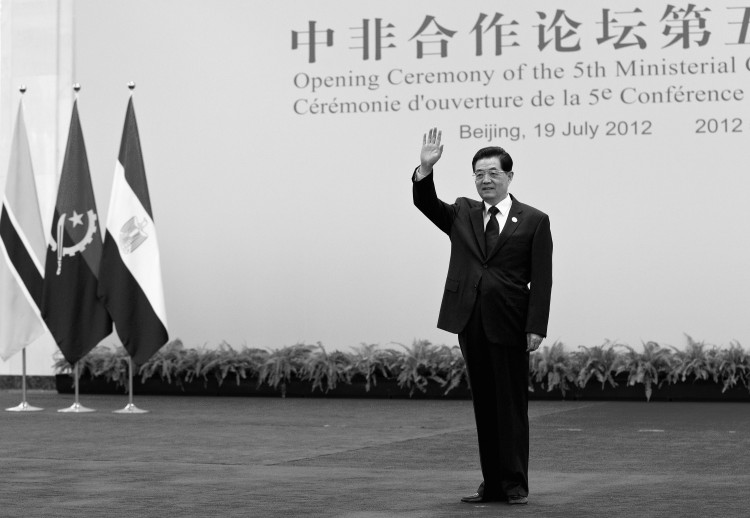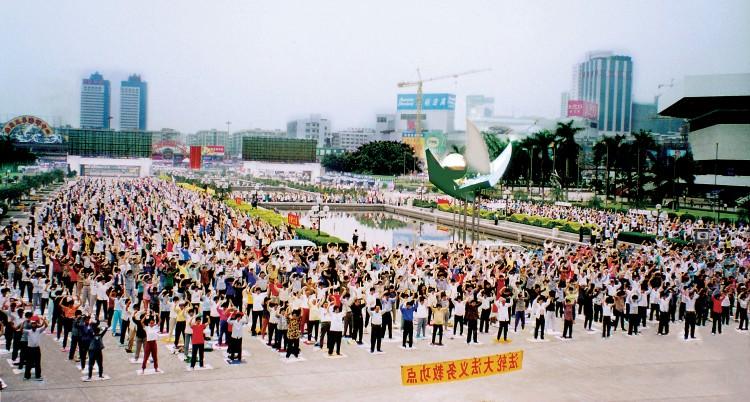Opinion
Hu Exits as Party’s Crisis Remains Unresolved
Chinese Communist Party Head Hu Jintao will leave office soon. As he departs, he leaves behind an unresolved crisis that will eventually bring unknown repercussions to the Party.

Chinese Communist Party head Hu Jintao waves, standing in the Great Hall of the People July 19 in Beijing, China. Hu is rumored to be giving up all of his Party posts at the 18th Party Congress this October. Andy Wong/Getty Images
|Updated:





